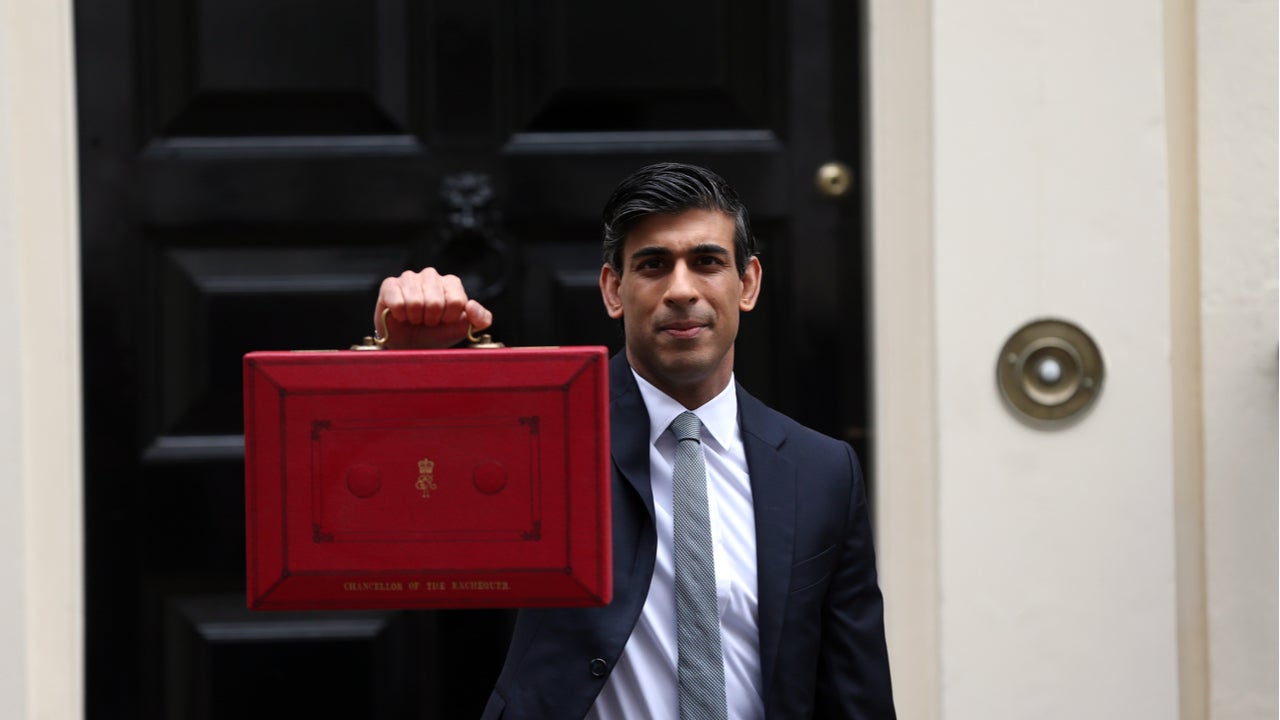
Corporate Tax partners at Crowe comment:
Laurence Field – Partner, Corporate Tax
All Budgets are more political than economic. This is a government that has been buffeted by events from the beginning. Unexpectedly, the government has spent huge amounts of money, extended the role of the state into our lives (even telling us when we can go outside) and has significantly raised taxes on companies, employers and individuals to levels not seen for 50 years.
Business will adapt to most things, but what they need is some stability and sense of direction. Events have meant that the government has struggled to outline its vision for the UK and what it intends to do with Brexit. It wasn’t so long ago that we were being promised the roaring twenties. By the time the Budget is enacted 1/5 of the decade will have passed.
My big hope is that the Chancellor will take the opportunity to set out a vision for the economy, what levelling up really means and how being outside of the EU gives an ability to do things that we couldn’t do before. This won’t be a series of tax cuts. Talk of Singapore on Thames seems a long time ago. However, the government seems to believe in the power of state intervention – so expect announcements about incentives and subsidies for industries of the future, for training and relocation of workers. This may be through tax credits linked to skilled job creation or training (at the moment they are mainly linked to capital investment). The current difficulties in the labour market suggest that with fewer workers available, productivity needs to increase so we may see incentives towards helping businesses implement ‘sexy’ tech like artificial intelligence.
The UK infrastructure bank can be expected to be given an accelerated mandate to invest alongside the private sector in priority areas and industries. History shows that governments don’t have a great track record of picking winners, so here is an opportunity to prove that track record wrong.
How well do you really know your competitors?
Access the most comprehensive Company Profiles on the market, powered by GlobalData. Save hours of research. Gain competitive edge.

Thank you!
Your download email will arrive shortly
Not ready to buy yet? Download a free sample
We are confident about the unique quality of our Company Profiles. However, we want you to make the most beneficial decision for your business, so we offer a free sample that you can download by submitting the below form
By GlobalDataClimate change will be mentioned a great many times and I would expect the creation of an economy at the cutting edge of Greentech that will feature large in the vision. The challenge for the Chancellor is managing that transition. A decarbonised economy will create winners and losers. Too many of the latter and the Chancellor and his boss will be looking for new jobs in a couple of years’ time. Having spent the first two years in office dealing with other things, the Chancellor has one shot to explain what he wants to do, who he wants to do it to and when he’s going to do it.
I doubt the Budget will be bland.
Stuart Weekes – Partner, Corporate Tax
One recent move has been an attempt to tackle increasing costs and reforms of health and social care. The Health and Social Care Levy which basically has effect from April 2022 will increase the burden on employers and employees. However, this comes at a time when in some sectors there are many more jobs than people looking to move. This may result in employers increasing salaries to entice prospective employees; an additional burden on employers.
A courageous, confident and much-needed move for the autumn Budget is to consider enhancing targeted incentives. Earlier this year, a consultation was launched into the UK’s research and development tax credits schemes. The purpose being to understand if they were effective to the modern business and whether there were changes needed to increase the desired effect of increasing the investment in innovation by UK companies.
These schemes are very valuable to companies and so it would be good to see the government enhance them further, both by increasing the benefit of the schemes but also widening the type of projects that qualify. Given that the Climate Summit, COP26, is due to be held soon after the Budget, this would seem a great opportunity to use the R&D tax credit schemes to encourage investment in green technologies and innovation. This would provide great political credit to take into the Summit.
Rob Gunn – Partner, Corporate Tax
You could make a case for a quiet budget:
Corporate tax rise already announced
- 1.25% increase in National Insurance Contributions/Social Care/Dividend tax already announced.
- Reduction in Entrepreneurs’ Relief (now Business Asset Disposal Relief) from £10 million to £1 million already implemented.
- The economy is in an interesting state, with supply chain issues impacting on recovery rates and the debt from COVID-19 reliefs starting to kick in.
You could make the case for a more dramatic Budget
It’s in half-term when fewer people may be around to react
- It is earlier than previously and so less time for pre-Budget deals to happen
- Inflation is suggesting there is plenty of demand and so reducing income could help with inflation (but inflation is a good way to reduce the impact of the debt that the government has)
- There is a general acceptance of tax rises
- We are still some way from an election
Areas that could be targeted depend on how cynical you are about politicians. I struggle to see how they can do much more to impact on lower earners and not lose the support that they gained in the ‘Red Wall’ areas and so things that target the ‘wealthy’ could be more palatable, but I’m not sure I want to give them ideas and so I would limit comments to:
Capital Gains Tax (CGT) rates could increase and the personal CGT allowance could reduce (not go entirely as it would lead to more reporting requirements that the government seem keen to limit)
- Inheritance Tax could be looked at – maybe capping reliefs or even increasing the rate on larger estates
- increasing tax rates on unearned income (less impact on the young)
- looking at pension contributions, they need to be encouraged to reduce costs in the future but reduce tax receipts now which is all that most politicians seem to care about.
I would like to see
Better reliefs for employee shareholders, Enterprise Management Incentive schemes are good but the implementation of the paperwork is overly complex and the restrictions on the type and size of businesses seem out of date.
- Support for exporters. Lower rates of tax on profits from goods sold abroad (something like the patent box).
- Continued lower rates of VAT on hospitality and tourism, encourage overseas visitors and reduce costs for UK people who stay and spend at home
- Support for the green agenda, to encourage businesses to reduce their carbon footprint
Robert Marchant – Partner, VAT and Customs Duty
The Chancellor should extend the temporary reduced VAT rate for hospitality and tourism.
The UK economy is starting to rebound from the impact of the COVID-19 pandemic but consumer confidence is likely to remain weak and may be further undermined by the on-going problems and disruptions to supply chains. VAT can be quite influential in changing consumers’ buying habits given any changes to VAT rates are often fed directly through to the price charged for goods and services.
To support the struggling hospitality and tourism sectors, the government applied a temporary reduced rate in July 2020 of 5% to their activities. The VAT rate has now increased to 12.5% from the start of this month and is due to return to 20% on 1 April 2022. It would help these businesses, many of whom are SMEs, if the temporary reduced rate was extended into the summer months of 2022, giving them the benefit of the measures during a period when the weather should be improving and more outside events can take place. The government could also be radical and make permanent the 12.5% rate, mirroring the approach applied across many EU countries. Businesses would have the option of either passing on the VAT savings through reduced prices (and so hopefully encourage an increase in customer purchases) or to maintain their prices at a current level and benefit themselves from an increased margin.






